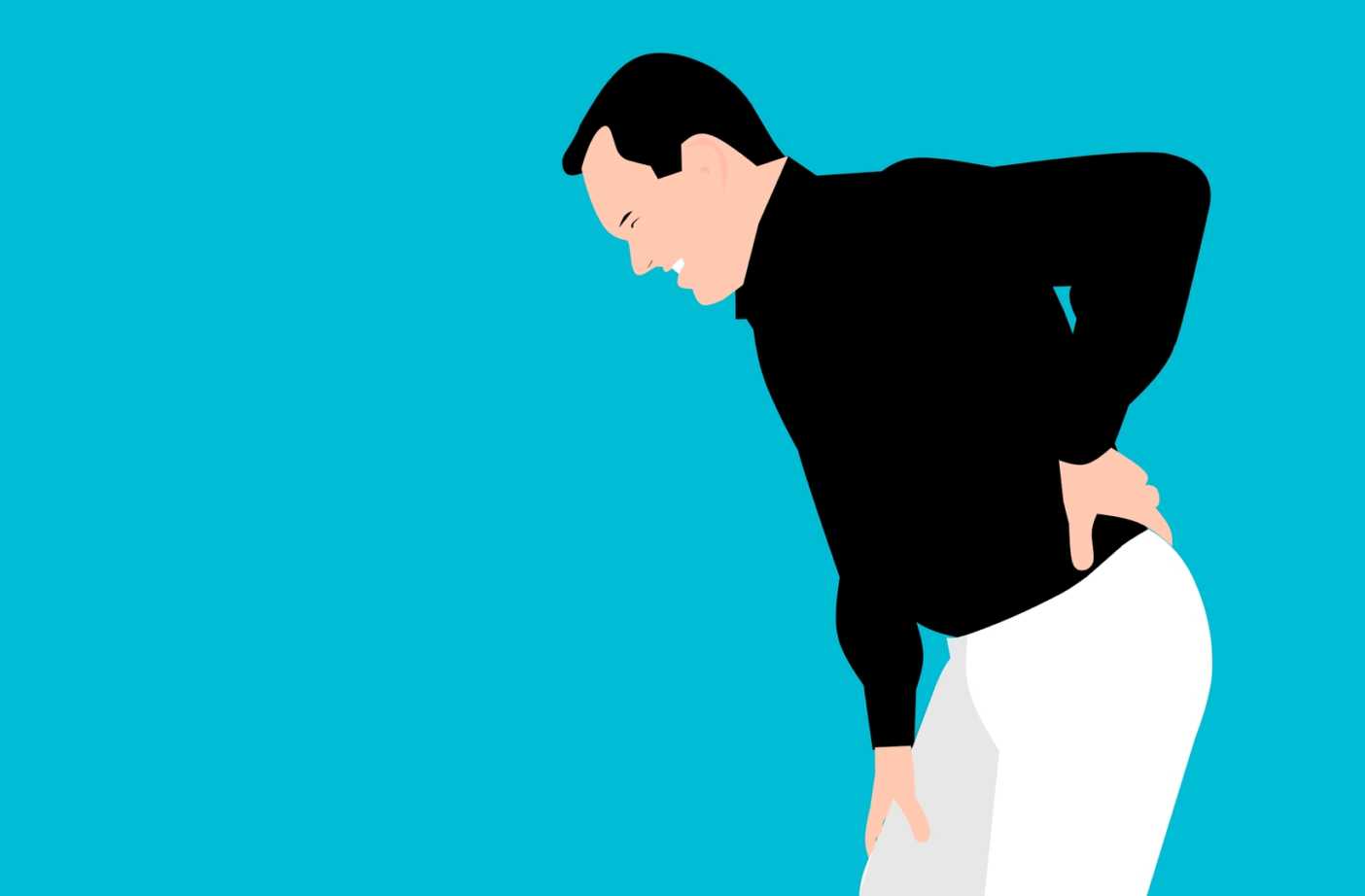Applying for and obtaining Social Security Disability Benefits (SSDI) can be a frustrating and confusing process. Did you know that almost 70% of claims are denied initially. That is staggering. While there is no surefire way to guarantee you will get SSDI benefits, this article outlines some of the common mistakes Louisiana SSDI claimants make. Also included are a few actions that you can take during the process to help give your social security disability claim the best opportunity for approval.
Deadly Mistake No. 1 – You Take “NO” For An Answer.
The truth is that close to 70% of initial social security disability applications are denied. If you take “NO” or “DENIED” for your answer, you miss out on your right and ability to appeal your denial. Statistically, social security disability claimants do much better on appeals to an administrative law judge (and then the court) than they do to the initial review. You have to be persistent, patient, and willing to be told no, or denied, and then move to the next step.
Action No. 1 – Appeal Every Denial and Reapply If Necessary.
Don’t take NO. If you believe that your medical records and functional limitations qualify you for disability, don’t give up. Keep fighting by appealing the denials until you can no longer appeal. If you miss an appeal, or your limitations worsen after you have reached a final decision on a prior claim, apply again.
Deadly Mistake No. 2 – You File An Incomplete Disability Application.
Many social security disability claimants fail to provide all of the necessary information or documentation social security needs to properly review your file. Sometimes, it is not your fault, but the fault of your doctor or medical facility. But either way, the result is the same, failing to provide all necessary information and records, and make sure your doctor has done so as well, can kill your SSDI claim.
Deadly Mistake No. 3 – You Fail to Disclose All Medical Conditions or Injuries.
Some SSDI claimants will only tell social security about their most obvious medical problem – for example, back pain – but not about other medical issues they may be experiencing, especially mental health problems – such as depression. The fact is that in examining your claim, social security is required to determine how ALL of your medical conditions impact your ability to work. If you don’t tell them about all of your problems (no matter how minor each is), they will evaluate you only on your major issue.
Action No. 2 – Disclose ALL medical conditions and limitations – physical and mental.
Social Security has to determine how all of your medical limitations impact your ability to work in deciding your disability claim. So you need to tell them about all of your problems. Your knee that locks up and hurts for 20-30 minutes every once in while after strenuous activity is as important as your congestive heart failure. Your inability to maintain personal relationships and take direction from supervisors can be as important as your back pain. Tell Social Security about all of your impairments.
Deadly Mistake No. 4 – You Wait Too Long To Appeal Your Denial of Disability Benefits.
You have 60-days from the date of your denial to appeal to the next step of the process. This is true with each respective denial. Missing the 60-day window to appeal can and often does spell the end of your disability claim. Now you can reapply, but you have to go back to the beginning of the line.
Action No. 3 – Appeal Within 60-days.
Social Security laws and regulations provide you 60-days from the date you receive a denial to appeal. In determining what day you received the denial letter, Social Security rules assume that you received it 5-days after it was dated. To make life easier, if you believe the denial was in error appeal as soon as you can after receipt of the letter. You can appeal online at http://www.ssa.gov or by calling your local social security office. You don’t want your valid disability claim to be denied simply because you failed to file your appeal within 60-days.
Deadly Mistake No. 5 – You Over Exaggerate Your Limitations or Speak in Absolutes.
Some SSDI claimants will tell social security – “I can’t sit” or “I can’t walk”. For most disability claimants, this is simply not true. You will be able to sit for some period of time or walk some distance. (I do admit that there are a few people where these absolutes are true, but not for most.) When you speak in such terms, the examiner gets a bad impression of you because this is simply not true in the large majority of cases. What happens when the examiner gets a bad impression of you and your credibility is questioned? You get denied. Be truthful.
Action No. 4 – Be Truthful And Tell Social Security The Details.
You can never go wrong with the truth. The truth is important to your Social Security Disability Claim. While you do not want to over exaggerate your limitations by speaking in absolutes, you also do not want to under report your abilities. Good responses are those that include details such as “I can hold a gallon of milk and walk with it for 10 feet before I need to put it down and rest,” or “I walk to my mailbox to collect my mail. It is about 30 feet. Before I walk back, I need to rest for a few minutes at the mailbox to regain my strength.” Responses such as these that accurately describe your true limitations and provide concrete details allow an examiner to effectively evaluate your limitations. You should also remember that these examiners have heard it all and hear it all. They are very adept at spotting exaggerations and untruths. If they sense that with you, you will lose credibility, which is important.
Deadly Mistake No. 6 – You Approach the SSDI Process Without Understanding It.
For most people, the only experience you will ever have with applying for disability benefits is when you have to do it for yourself. Do you know exactly what you are trying to prove? Many people don’t. Often, disability claimants think all they have to prove is that they have some type of medical condition and they should win. This is not correct. You need to know what you need to do and prove in order to do it and prove it. Otherwise, you could be a ship sailing to an unknown harbor without a map.
Action No. 5 – Read Informational Sources to Help You Understand The Process.
I believe it is important for social security disability claimants to know something about the process the government uses to determine whether or not you will qualify for disability benefits. That’s one of the reasons why I write articles, blog, and provide information to disability applicants – it is a complicated process. You can find valuable information across the internet and especially on SSA.gov (the Social Security Administration’s homepage). These resources can help you better appreciate the process, especially if you are determined to fight for your benefits alone.
Deadly Mistake No. 7 – Failing to Disclose Your Entire Work History and Vaguely Describing Your Duties.
Sure, you have been doing the same job for the last 7 years, and before that you worked for another company for 5 years. You remember those. But what about in between those two jobs, when you worked with your brother-in-law for 2 weeks and was paid. Social Security will know about every job you had where you paid taxes – no matter how much. You need to think about exactly what jobs you had and what you were required to do in each job and accurately report that to Social Security. This again will go to your credibility if you fail to do so.
A second part to this mistake is not accurately describing your duties. You may tell social security you drive as part of your job. But for how long at one time? How often each week? These details can have a major impact on the disability determination. Leaving out these details can be deadly to your disability claim.
Deadly Mistake No. 8 – Failing to Get A Disability Attorney To Help You.
Disability attorneys are familiar with social security’s complex rules and regulations. They know what medical records are necessary to prove up your diagnosis and know the questions to ask your doctor to help prove your limitations. Do you? They know what role a vocational expert will play during your hearing. Have you heard of a vocational expert? Do you understand what they are trying to do? I am not saying that you cannot win a disability case without an attorney (actually, many people have), or that an attorney guarantees you a win (even the best football teams lose during any given season), but having a well prepared attorney who knows the game plan of the opposition can put you in a better position to find success.
Action No. 6 – Hire A Disability Benefits Attorney.
This may sound self-serving, but doing so can help you present your disability claim in the best possible manner to social security. You wouldn’t treat your own broken arm although you have seen a doctor wrap it in plaster of Paris and put it in a sling. A doctor can make sure that it is set properly and knows precisely how long the arm needs to remain immobilized. Similarly, with a Social Security disability attorney, the attorney knows and understands the process as well as certain strategic moves that can bolster you chances for success.
By avoiding these deadly mistakes that can disable your disability claim and taking the actions that could help, you will give yourself the best opportunity to get the SSDI benefits you need to survive.





